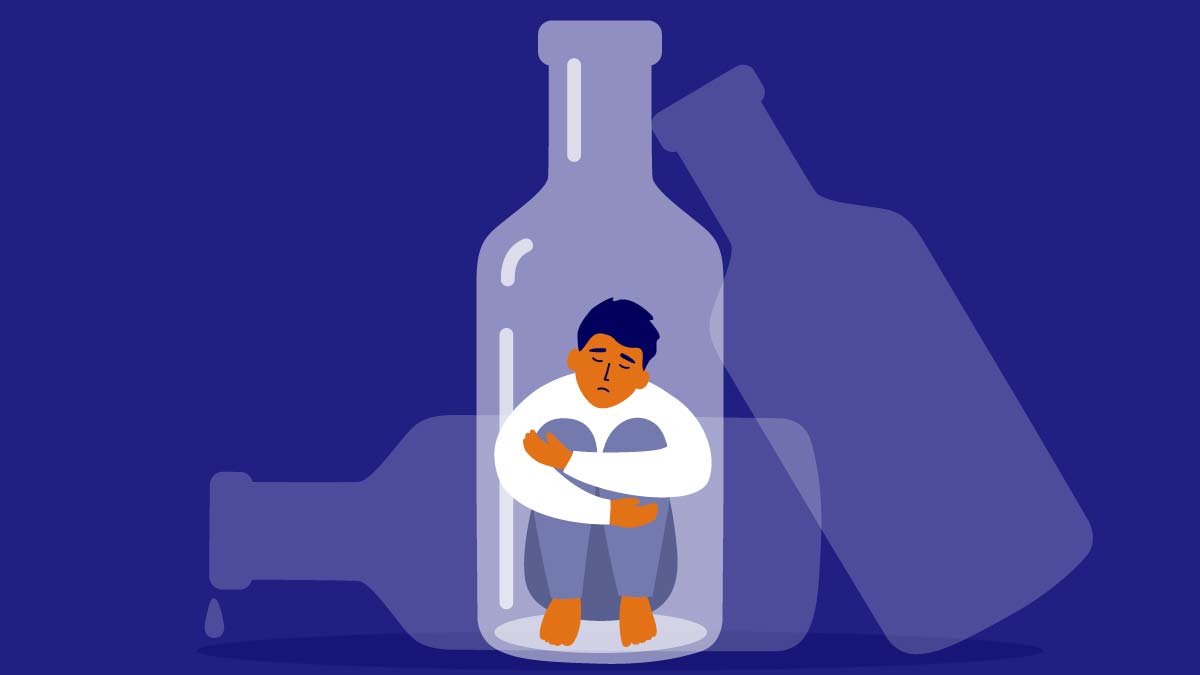7 Hidden Signs of Alcohol Addiction
Identifying alcohol addiction can be challenging, as it often goes unnoticed or is concealed by individuals struggling with it. Beyond the more obvious signs, here are seven hidden signs of alcohol addiction to be aware of:

1. High Tolerance
Individuals with alcohol addiction often develop a high tolerance for alcohol, meaning they need more alcohol to achieve the desired effects. This increased tolerance can lead to heavier drinking without immediate consequences.
2. Hiding Alcohol
Hiding alcohol or consuming it secretly is a common behavior among those with alcohol addiction. They may stash bottles in hidden places or sneak drinks when others are not around.
3. Frequent Hangovers
Experiencing frequent hangovers, including headaches, nausea, and fatigue, can be a sign of excessive alcohol consumption. While some people may dismiss hangovers as normal, they can indicate problematic drinking patterns.
4. Neglected Responsibilities
Alcohol addiction can lead to neglecting responsibilities at home, work, or school. Individuals may struggle to meet their obligations due to their preoccupation with drinking.
5. Social Isolation
People with alcohol addiction may withdraw from social activities and isolate themselves to hide their drinking habits or because alcohol takes precedence over social interactions.
6. Increased Tolerance of Intoxication
Paradoxically, some individuals with alcohol addiction may appear less intoxicated than expected at a given blood alcohol level. Their bodies adapt to higher alcohol levels, making them less visibly impaired.
7. Loss of Interest in Hobbies
A decline in interest or participation in hobbies or activities that were once enjoyable can indicate alcohol addiction. As alcohol becomes a primary focus, other interests may wane.
Summary: Seek Help
Recognizing these hidden signs of alcohol addiction can be crucial for early intervention and treatment. If you or someone you know exhibits these signs, it's essential to seek help from a healthcare provider, therapist, or addiction specialist. Alcohol addiction is a treatable condition, and seeking professional assistance is the first step toward recovery and improved well-being.





